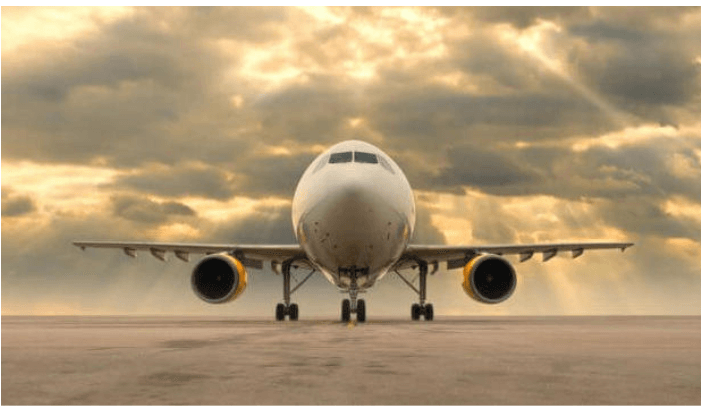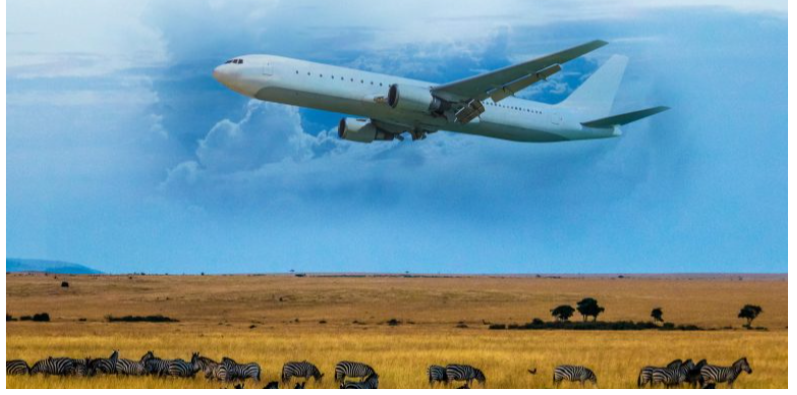 Africa’s aviation and travel industries are experiencing a transformative journey marked by modernization, expansion, and innovation. With its diverse landscapes, rich cultural heritage, and rapidly growing economies, the continent is becoming an increasingly significant player in global travel. However, it is not without challenges. From improving infrastructure to overcoming regulatory hurdles, African nations are working to elevate their aviation industries while making travel more accessible and attractive to locals and international tourists alike.
Africa’s aviation and travel industries are experiencing a transformative journey marked by modernization, expansion, and innovation. With its diverse landscapes, rich cultural heritage, and rapidly growing economies, the continent is becoming an increasingly significant player in global travel. However, it is not without challenges. From improving infrastructure to overcoming regulatory hurdles, African nations are working to elevate their aviation industries while making travel more accessible and attractive to locals and international tourists alike.
In recent years, African aviation has undergone tremendous growth. New airlines are emerging, and established carriers are expanding their routes to meet the demands of a continent with a rapidly growing middle class and a booming business environment. Notable players like Ethiopian Airlines, Kenya Airways, and South African Airways have been instrumental in connecting Africa to the world, while also making travel across African countries more accessible.
Countries like Rwanda and Ghana have been proactive in enhancing their aviation infrastructure. Kigali International Airport, for instance, is set to become a regional hub, with ongoing projects aimed at modernizing and expanding its capacity. This modernization effort reflects a broader trend across the continent as governments invest in state-of-the-art airports and new aviation technologies.
However, for aviation to thrive in Africa, addressing the lack of connectivity within the continent is crucial. Currently, travel between African nations can be expensive and time-consuming, as passengers often need to transit through Europe or the Middle East. Initiatives like the African Union’s Single African Air Transport Market (SAATM) are key to unlocking the potential of intra-African travel by promoting a more open and competitive aviation market.
Africa’s travel industry is on the verge of a major boom. With an increasing global interest in eco-tourism, cultural exploration, and adventure travel, the continent’s natural wonders and unique experiences are gaining more attention. Countries like Kenya, South Africa, Egypt, and Tanzania have long been tourist hotspots due to their stunning landscapes, wildlife, and historical sites. Now, countries like Namibia, Mozambique, and Zambia are stepping into the spotlight, showcasing their hidden gems.
To capitalize on this momentum, African governments are investing in the tourism sector, improving infrastructure, and marketing their countries as premier travel destinations. For instance, Ghana’s “Year of Return” campaign, which invited the African diaspora to reconnect with their roots, led to a 45% increase in tourism revenue in 2019. Such initiatives demonstrate Africa’s potential as a global tourism hub.
 Despite these positive trends challenges remain. Visa restrictions, underdeveloped tourism infrastructure, and safety concerns can deter international visitors. Several countries are working to streamline visa processes, offering e-visas and visa-on-arrival options to make it easier for tourists to enter. In addition, regional collaborations are emerging, with countries forming tourism alliances to promote cross-border travel packages.
Despite these positive trends challenges remain. Visa restrictions, underdeveloped tourism infrastructure, and safety concerns can deter international visitors. Several countries are working to streamline visa processes, offering e-visas and visa-on-arrival options to make it easier for tourists to enter. In addition, regional collaborations are emerging, with countries forming tourism alliances to promote cross-border travel packages.
While the outlook for Africa’s aviation and travel industries is promising, several challenges need to be addressed to fully realize the continent’s potential. Infrastructure development remains a key priority. Many African airports are in need of modernization, with some facing congestion and delays due to outdated facilities. Investment in air traffic management systems, cargo handling facilities, and passenger terminals is vital to ensure the sector can handle the projected growth in air travel.
The regulatory landscape is another area of concern. Fragmented aviation regulations across the continent can create inefficiencies and increase operational costs for airlines. Harmonizing these regulations through initiatives like the Yamoussoukro Decision, which aims to liberalize air transport in Africa, is essential to creating a more unified and competitive aviation market.
The aviation sector also faces sustainability challenges. With increasing global awareness around climate change, airlines are under pressure to adopt greener practices. Some African airlines are already investing in fuel-efficient aircraft and exploring sustainable aviation fuel options. However, further collaboration between governments, airlines, and environmental organizations is needed to ensure Africa’s aviation industry can grow sustainably.
The future of aviation and travel in Africa is filled with possibilities. With the right investments, partnerships, and policies, the continent has the potential to become a major player in the global travel industry. By improving infrastructure, liberalizing air travel, and promoting its rich cultural and natural heritage, Africa can unlock the economic benefits of a thriving tourism and aviation sector. While challenges remain, the continent’s progress thus far suggests a bright future for travel enthusiasts, investors, and local communities alike.
Ennywealth


